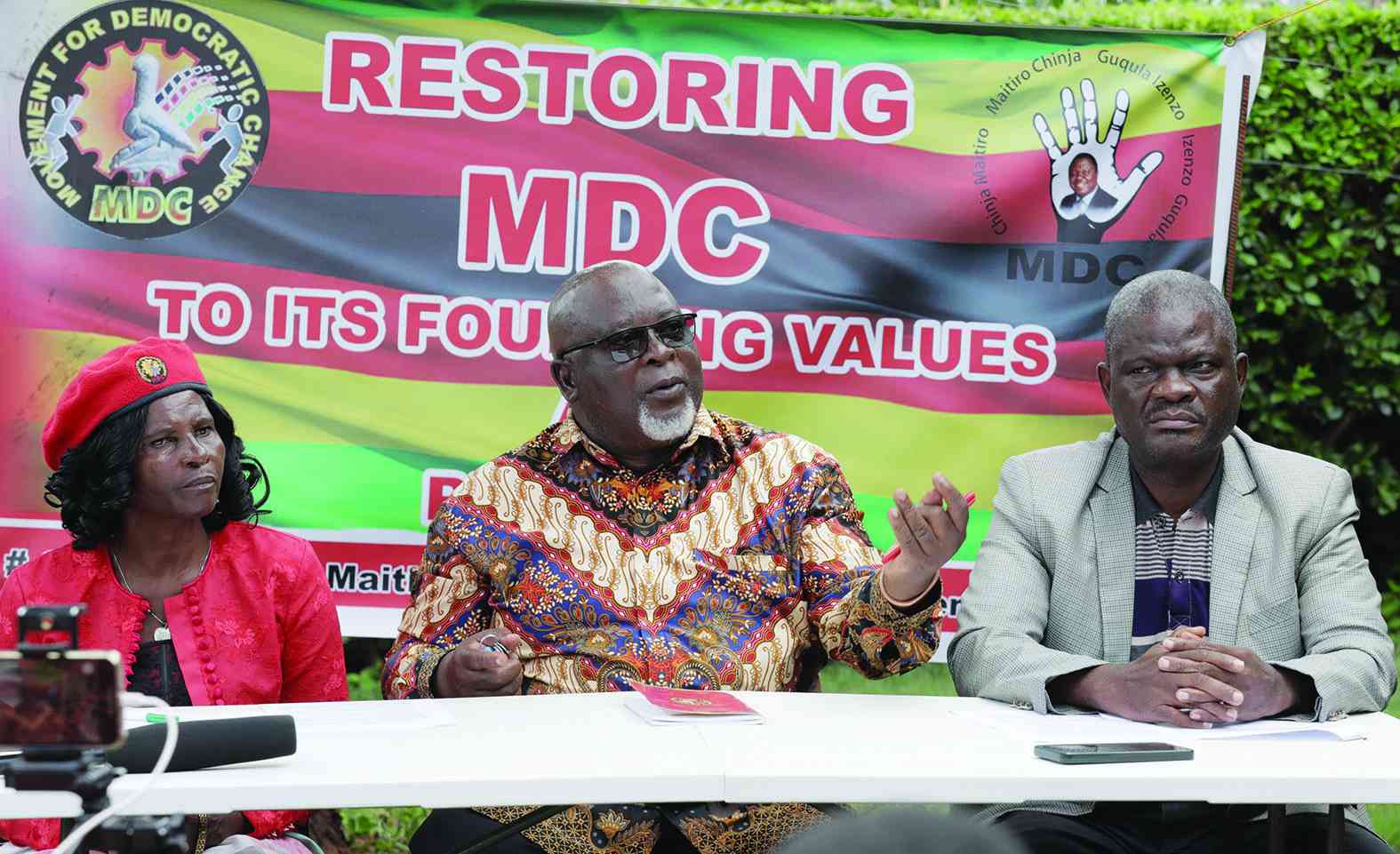BY TATIRA ZWINOIRA
A RADIO frequency controller at the air traffic control (ATC) broke down on Monday night, causing a two-hour flights delay yesterday morning, NewsDay can reveal.
Last week, a leaked letter from the Air Traffic Controllers’ Association of Zimbabwe (ATCAZ) to Transport minister Joel Biggie Matiza, dated October 29 2019, highlighted the “continued deterioration in air navigation communication performance”.
In the letter, ATCAZ warned that failure to address the air navigation communication system could result in mid-air collisions and possible blacklisting of the country by the United Nations’ aviation agency, ICAO.
Efforts to reach Matiza were fruitless yesterday.
The latest systems failure has raised fears that Zimbabwe’s airspace may not be safe to navigate and has been made worse by air traffic controllers at Robert Gabriel Mugabe International Airport in Harare, downing tools last Monday citing incapacitation and fatigue, forcing flights delays and cancellations.
Keep Reading
- Chamisa under fire over US$120K donation
- Mavhunga puts DeMbare into Chibuku quarterfinals
- Pension funds bet on Cabora Bassa oilfields
- Councils defy govt fire tender directive
Reports that there were technical challenges at the ATC yesterday were confirmed in a tweet from low-cost carrier, fastjet.
“We inform our esteemed customers that our flights today shall be affected by delays due to air traffic control technical issues experienced in Zimbabwe earlier on this morning. We apologise for any inconvenience caused as a result of this,” fastjet tweeted.
Contacted for comment, the Civil Aviation Authority of Zimbabwe (CAAZ) confirmed that there had been some technical challenges that caused flights delays.
“All things are back to normal now. Safety and security are key to our operations, so we work to achieve exactly that 24/7,” a CAAZ spokesperson told NewsDay.
CAAZ could, however, not disclose the cause of the technical fault.
However, according to fastjet accountable manager Ed Berry, the airline was told that the technical challenge was caused by a breakdown in radio frequency that are used to communicate between planes in mid-flight and the ATC.
“The radio frequency that they were using was not working, that is what they explained to us this morning (Tuesday). Usually, airplanes are equipped with traffic collision guidance systems, and also they usually back-up frequencies that can be used and do get used. What you don’t do, if you are going to run on a back-up frequency though is to increase your problems by increasing the frequency,” he said.
“It is a radio frequency that is used for talking (between) air traffic control (and) the airplane. Sometimes the radio that controls that frequency breaks down. It is not a question of just one radio. There is a whole lot of stations throughout the country that are often run using data and transfer information using data and if that data feed fails sometimes you are going to have a problem in distributing the signal.”
Berry added: “The problem is fixed, so our flights are now flying. They delayed this morning, but they are flying again. Obviously, CAAZ in good time will communicate to us and give us more information as and when required.”
Despite the confirmation from CAAZ, Board of Airlines representatives chairperson and Tourism Business Council of Zimbabwe president Winnie Muchanyuka said they had not heard anything on the matter.





